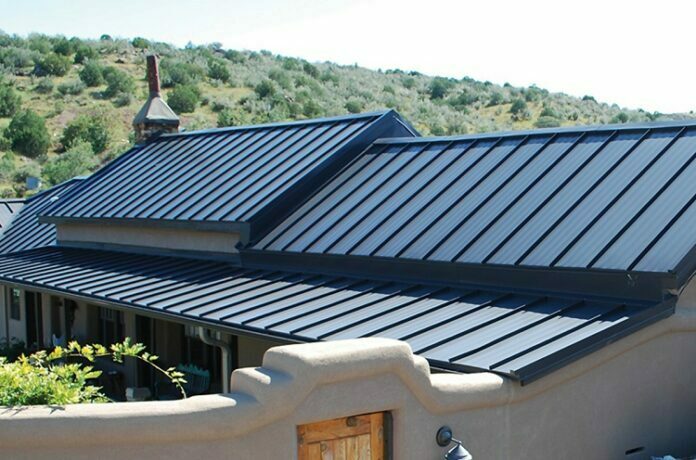From aluminum to copper, steel to zinc, and the alloys in between, there seems to be no shortage of metal roofing options. However, finding one that is right for your needs and preference can be daunting, especially if you don’t know what to look for. To help point you in the right direction, here is a list of different metal roofing materials along with their pros and cons.
Pro tip: If you are interested in a particular type of metal roofing material, but it is not readily available in your country, you might want to consider metal roof exports instead of settling for another option. Contrary to what you imagine or believe, getting the materials from another country may be as affordable as it is in your own country.
Table of Contents
Aluminum roofing
Aluminum is by far the most popular and predominant metal in the globe, thanks to its extensive use in the canned beverage industry. It is the third most abundant metal worldwide and makes an incredible material for roofing, particularly for sea and saltwater environments projects. In addition to withstanding harsh atmospheric conditions, aluminum is amongst the most sustainable metals in the world.
Advantages of aluminum roofing
- Lightweight strength
- Highly recyclable
- Resistant to corrosion and rusting
- Readily available
- Medium price point
Disadvantages of aluminum roofing
- Loses original color with time
- Prone to denting
- Expands and contracts almost two times more than steel
Stainless steel roofing
Stainless steel is yet another popular roofing metal. Most people associate stainless steel with architectural structures like bridges, elevators, handrails, building columns and so on – thanks to its strength and durability.
Advantages of stainless steel roofing
- ● Durable and can withstand degradation and corrosion for 60+ years
- Can withstand extreme temperature and weather conditions
- Low thermal expansion properties
- A variety of finish options
- Most companies offer a warranty because of its durability
Disadvantages of stainless steel roofing
- It is expensive making it a high-end metal roofing option
- Cause galvanic corrosion of the metal in the presence of stagnant water
Copper roofing
This type of roofing has been around for centuries. According to historical data, the Romans utilized copper to cover the Pantheon roof in 27 BC, and up to this date, it’s still applied in commercial buildings, architectural structures, and even residential homes.
Advantages of copper roofing
- Light in weight when compared to concrete, shingles, or tiles
- Energy efficient
- Durable and can last up to 100+ years
- Aesthetically pleasing
- Recyclable
- Solderable
Disadvantages of copper roofing
- Very expensive
- Expands and contracts with varying temperatures
- Forms a greenish blue covering (or patina) after some time
Zinc roofing
Zinc is a perfect metal material for those who are looking for roofing that will stand the test of time. The metal is also easy to use and immune to corrosion, no wonder it’s gaining popularity among many people across the globe.
Advantages of zinc roofing
Longevity of up 60 to 100 years, and in some cases 150 years depending on the building process, installation and climate
- Environmentally friendly
- Self-healing
- Energy saving
- Easily to shape into different forms
- Easy maintenance
Disadvantages of zinc roofing
- Expensive
- Oil canning
- Underside corrosion
- Require adequate ventilation










